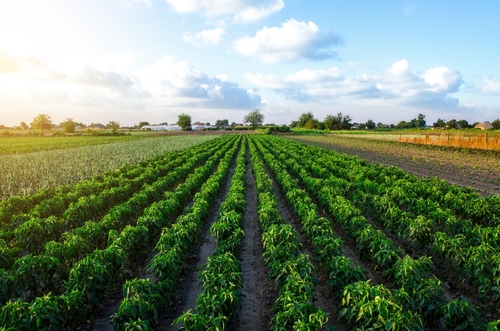
Researchers at Penn State are developing a robotic precision pesticide sprayer capable of targeted application while minimizing unintended exposure.
“The primary goal of the project is to develop and demonstrate a robotic spraying system for pest management in grape and berry fields to save pesticides and reduce chemical drift,” team leader Long He, College of Agricultural Sciences associate professor of agricultural and biological engineering, said. “Over the long term, the project is expected to provide an advanced plant-protection tool for sustainable production and communities.”
The robotic sprayer will be based on an unmanned ground robot and driven autonomously in a field using preset maps and spraying based on canopy density. Researchers will then evaluate the sprayer for pesticides application and compare its usage and efficiency to a conventional sprayer.
The team will conduct two field trials for two consecutive seasons. Once testing is completed, the results will be disseminated to the grower communities through various Penn State Extension activities including as field demonstrations, workshops, and articles.
A $300,000 grant from the U.S. Department of Agriculture is funding the project, and the majority of the research will be conducted at Penn State’s Fruit Research and Extension Center at Biglerville in south-central Pennsylvania.